Five Arts and Sciences faculty members named 2023 AAAS Fellows
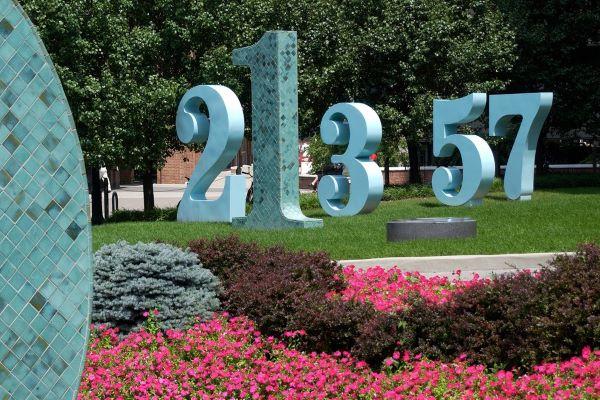
The 2023 class of Fellows of the American Association for the Advancement of Science (AAAS) includes eight investigators from The Ohio State University, with five scientists coming from the College of Arts and Sciences.
The AAAS Fellowship, recognizing scientifically or socially distinguished efforts to advance science or its applications, is one of the most prestigious honors a U.S. scientist can receive. Fellows are elected by their academic peers.
“Ohio State’s newly elected Fellows represent a breadth of expertise in subjects ranging from cardiac disorders and marine life to STEM education and exoplanets,” said Peter Mohler, executive vice president for research, innovation and knowledge. “I am pleased to see these creative thinkers receive well-deserved recognition for their research and service from the American Association for the Advancement of Science.”
The College of Arts and Sciences' newest Fellows are Meg Daly, professor of evolution, ecology and organismal biology and associate dean of undergraduate education; Scott Gaudi, Thomas Jefferson Professor for Discovery and Space Exploration in the Department of Astronomy; Kendra McSweeney, professor of geography; Natividad Ruiz, professor of microbiology; and Matthew Sullivan, professor of microbiology and director of the Center of Microbiome Science.
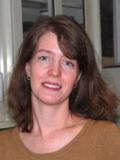
Daly received this recognition for distinguished contributions to the field of Cnidarian systematics, evolution, phylogeography and behavior, in particular of sea anemones.
“I am excited and gratified to be part of this community and appreciate the mentors, colleagues, and students whose perspectives have made me a better scientist,” Daly said. “When I began at Ohio State 20 years ago, I got a lot of comments about what it might mean for my career as a marine biologist to work in a landlocked state, but this award highlights the positive impact that being here has had—I have had wonderfully supportive and creative colleagues, exceptional students, and the intellectual freedom and support to make the most of opportunities.”
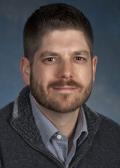
Gaudi’s recognition is based on his pioneering work in the search for extra-solar planets and service to the astronomical community.
"It’s an incredible honor to be selected as a 2024 AAAS Fellow," he said. "I’m particularly proud of the fact that my service to the astronomical community was recognized alongside my research.”
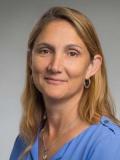
McSweeney was honored for a distinguished scholarly record that is well-communicated to the public in advancing environmental social science and the study of human-environmental relationships.
“I am honored to have been elected to the AAAS,” McSweeney said. “I am particularly grateful for the dynamic team with whom I have had the privilege of conducting science and outreach, including scholars at Ohio State and other universities, and practitioners and friends in Central America and elsewhere.”
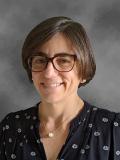
Ruiz joins the AAAS Fellows in recognition of key contributions to the field of microbiology by identification of lipid transport systems used by enteric bacteria to build their outer membrane and peptidoglycan cell wall.
“I’m honored to be recognized by the AAAS and grateful to those who nominated me,” Ruiz said. “I would not be the scientist I am today without the learning, support, and inspiration that I received from mentors, colleagues, friends, and family. I am also very grateful to past and present members of my lab for their work and dedication.”
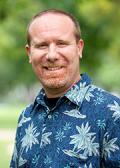
Matthew Sullivan was awarded the fellowship for pioneering studies of viral economics to study viruses in complex communities via quantitative sample-to-sequence pipelines, for linking viruses to hosts, and for his research on viral impact in the marine environment.
“Awards like this represent recognition for decades of ‘eureka’ moments that come from interactions with amazing and diverse students and postdocs that really drive the science,” Sullivan said. “I’m so thankful to have been able to work with so many bright, energetic, and smart trainees – across several institutions including currently Ohio State – to solve mysteries about how viruses infect bacteria in the sea, soils, ancient ice and brines, and even humans and animals. It’s such an exciting time to study microbiomes and viromes!”
The 2023 class includes 502 scientists, engineers and innovators spanning 24 scientific disciplines. The new Fellows will be celebrated in Washington, D.C., in September.
